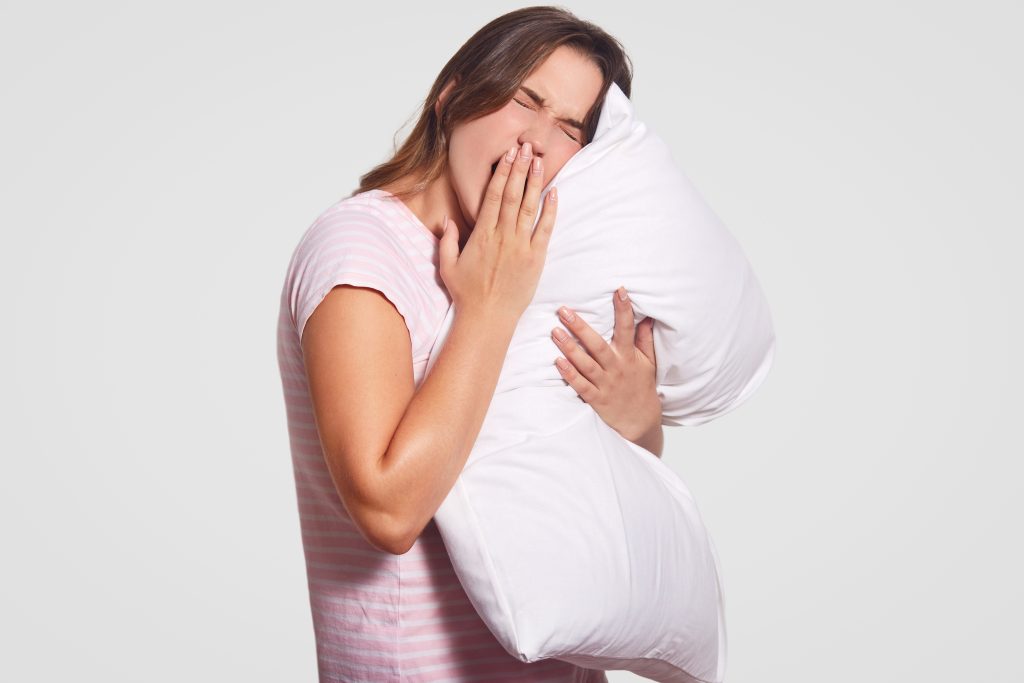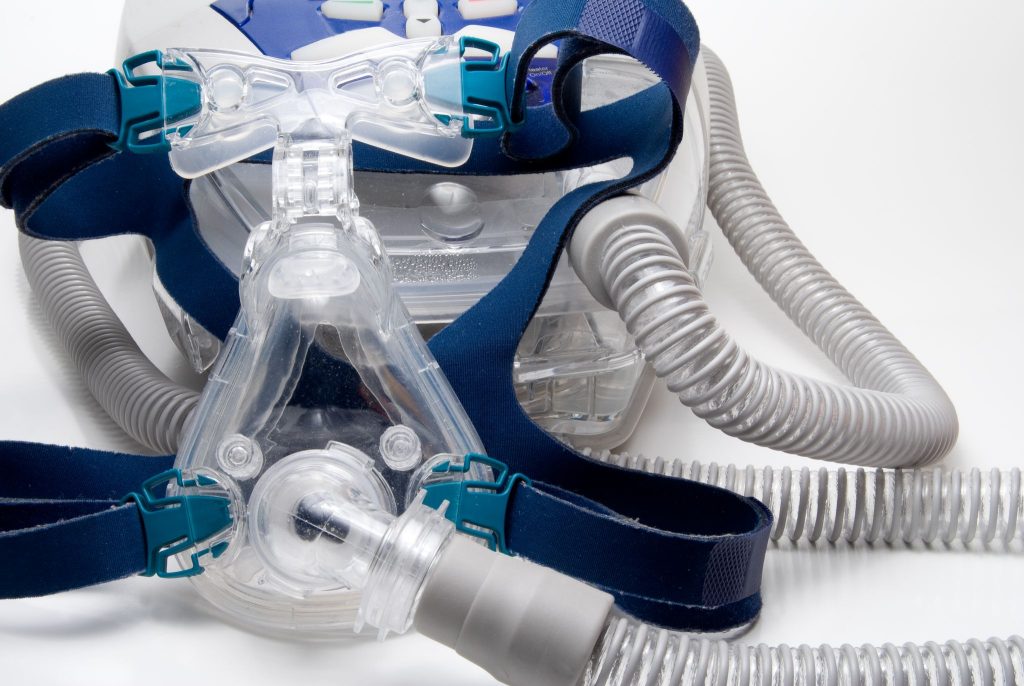In this article, we will review the most common myths and facts about sleep and set the record straight and also help you find ways to get the sleep you need.
Myths and Facts About Sleep
Sleep science has been developing significantly over the last 20 years. Providing us insights into how sleep works, why it’s important and how it can be disrupted. Despite this, some misinformation about sleep is still being spread online, on social media and by word of mouth. Sometimes, this false information becomes repeated so often that it becomes a myth.
Unfortunately, people often believe these myths and can lead to poor sleep habits and lack of sleep. Today, we will review the most common myths and facts about sleep and set the record straight and also help you find ways to get the sleep you need.
Myth: Your Body Gets Used to Getting Less Sleep
Studies show that our brain and body can’t get used to getting less sleep.
After a few nights of lack of sleep, you’re more likely to feel tired during the day. This increased daytime drowsiness may stabilise over the next few weeks but this doesn’t mean that our body is adjusting to sleep loss.
Instead, long term sleep deprivation affects daytime performance, decision making, memory, creativity and focus. With time, it can wreak havoc on diverse aspects of our health including our metabolism, cardiovascular system, immune system, mental health and more.
Myth: Many Adults Need Five or Fewer Hours of Sleep
According to the National Sleep Foundation, an adult should be getting between seven to nine hours of sleep every night.
An estimated one in four million people are believed to have a genetic mutation that allows them to naturally sleep for less than five hours a night and still wake up feeling refreshed. These individuals are the rare exception to the rule.
Myth: How Long You Sleep is Most Important
Yes, sleep duration is important but it’s not the end-all. Sleep quality is also vital and should be considered. It is closely connected to sleep continuity and avoiding sleep disruptions.
Fragmented sleep can interfere with our ability to move through the sleep cycle and decrease time spent in most restorative stages of sleep. Every person’s goal should not be to sleep long hours but to achieve high quality, uninterrupted sleep.
Myth: Your Sleep Timing Doesn’t Matter
Studies show that your sleep timing also matters, and it’s still best to sleep as much as possible during the night. It helps align the body’s circadian rhythm with its environment. Having the right circadian timing is important for sleep quality and also affects our mental health, cardiovascular function, metabolism, and others.
Myth: A Good Sleeper Doesn’t Move at Night
It’s normal to have minor body movements while you sleep. It only becomes a concern if they are one or more of these:
- Prolonged or chronic
- Abnormal (such as sleepwalking)
- Aggressive or violent
- Bothersome to a bed partner
- Causing nighttime awakenings
Myth: Your Brain Shuts Down During Sleep
No, the brain remains active while we sleep. The pattern of activity changes and during rapid eye movement sleep (REM), the brain activity ramps up to a level that shares some similarities when we’re awake. It’s far from shutting down.
Myth: Dreaming Only Happens During REM Sleep
Dreaming can happen at any sleep stage, but the most intense ones happen during REM sleep. Dreams in REM and non-REM have different content. The more bizarre dreams usually take place during REM stages.
Myth: More Sleep is Always Better
Some problems can also arise from sleeping too much. Excessive sleep can be a symptom of an underlying health problem. Studies found higher mortality in people who sleeps too much.
Myth: You Can’t Do Anything About Snoring And Its Normal
Occasional snoring isn’t usually a problem but loud and frequent ones can be a concern. It can be caused by obstructive sleep apnea (OSA) and can also disrupt your sleep partner.
Learn more about sleep apnea here.
Myth: Adults Sleep More With Age
Ageing can affect one’s circadian rhythm and actually makes it harder for them to sleep. Health problems caused by ageing can also interfere with sleep.
Myth: You Can Just Nap In The Day When You Lack Sleep
A quick nap can help provide energy boost but it can’t be a substitute for quality sleep a night because it does not involve moving through different stages of sleep.
Taking naps during the day can just throw your sleep schedule further out-of-whack because it will make it even harder for you to sleep at night. Taking long naps can make you feel disoriented and sluggish upon waking up.
Though napping isn’t bad, relying on naps to cope up with sleep isn’t a winning approach. It’s best to keep your naps shorter than 30 minutes and early in the afternoon.
Myth: If You Can’t Sleep, It’s Best to Stay in Bed Until You Fall Back Asleep
It’s actually recommended for you to get out of bed if you can’t fall asleep within 20 minutes. Do something relaxing and in a dim setting before trying to go back to bed again.
Myth: Alcohol Before Bed Improve Sleep
A drink or two can help induce drowsiness and makes it easier for you to fall asleep but your sleep quality can decline after drinking alcohol. It can throw off your sleep cycle.
Myth: A Warmer Bedroom is Best for Sleeping
A warm bedroom may feel cosier but it’s not ideal for sleep. A bedroom that’s too hot may disrupt our sleep process. It’s important to find a room temperature that’s comfortable for you.
Myth: Exercising At Night Disturbs Sleep
Vigorous exercise during the night does not affect sleep. In fact, it may help you sleep better.
Myth: Hitting Snooze Provides Meaningful Extra Rest
Hitting the snooze button may provide some extra minutes of precious sleep but it’s unlikely that it offers meaningful rest. Fragmented sleep is not restorative so you shouldn’t count on it to help you wake up more refreshed.
Myth: Sleeping With a Light On is Harmless
Low light can increase your risk of waking up and may affect your circadian rhythm. Studies show that sleeping with too much light can increase eye strain and can also be associated with weight gain.
It’s best to sleep in pitch darkness as much as possible to promote a higher quality of sleep.









